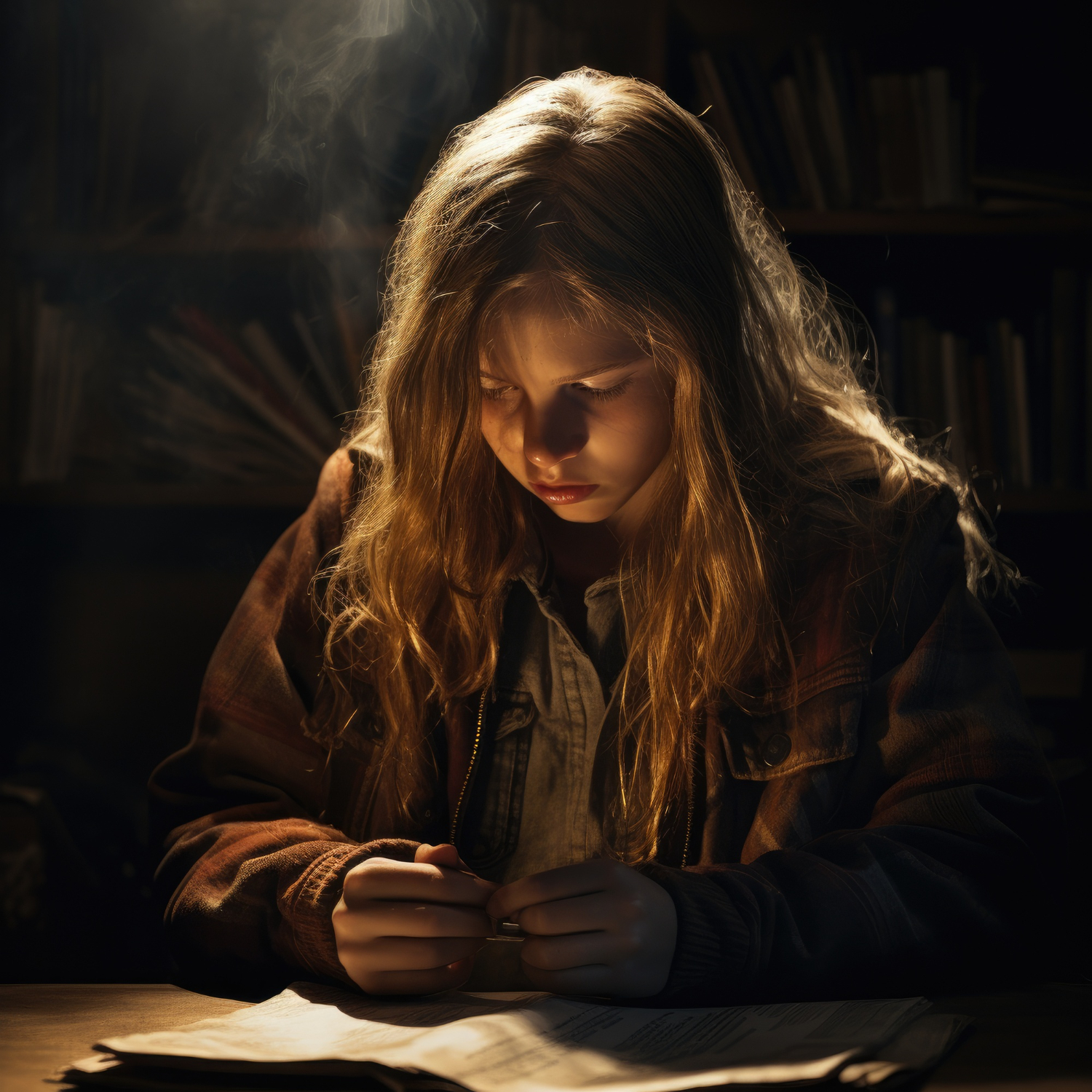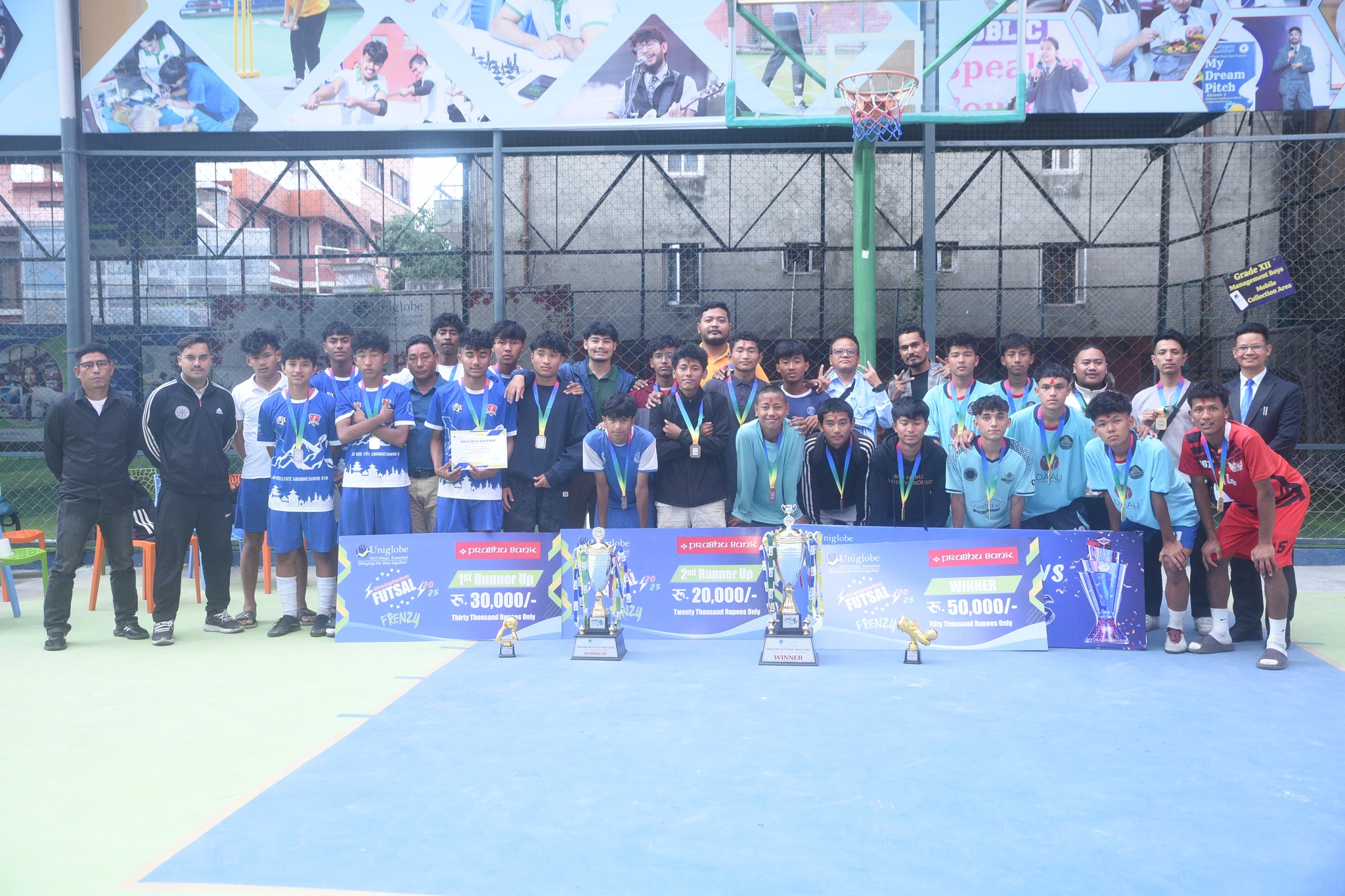Naturalism is a philosophy initiated in the decade of 1870-80, developed specially by Emile Zola. It is a mode, which is considered having close relation with realism. The struggle of the individual to adopt the environment and the Darwinian theory of the survival of the fittest is the central apprehension of this type of tragedy. It is a direct influence and form that was developed with the particular thesis of Darwinian biology in the late nineteenth century. Naturalistic tragedy holds the view that humans exist entirely in the order of nature, everything that happens is a part of it and do not have any spiritual or religious world beyond nature. The characters in naturalistic tragedies are found to be engulfed entirely in some condition, scenario, and circumstances from where their exit is impossible.
Emile Zola is an influencing figure to propound the naturalistic interpretation and movement of naturalism in English literature. Miss Julie written by August Strindberg is a tragedy, which views that people’s lives and actions are determined by environment and heredity. It is one of the prime essences of the dramatists and novelists as it is seen to dissect the performance of life. Zola built up a picture of what modern theatre should be as an example of truth to life. It should be social as much as individual, a laboratory of human response, in which the new sociological and Darwinian views of human nature could be put to the test.
The naturalist writers like Strindberg argue that the characters could and should assume the scientific method of observing the world, forming the hypothesis, and testing it in the laboratory. Literature in fact is such a genre, which more or less is an influence of a society and surroundings. People are not alone, they live in society and consequently, the social condition unceasingly modifies the phenomena. Indeed our great study is there on the effect of society on the individual and the individual in the society. In this context, we shall see that we can act upon the social conditions, in acting upon the phenomena of which we have made ourselves master in men.
In this naturalistic drama, the playwrights expose that its central characters are victims of the entire surrounding. The characters are trapped in the state of associations in such a way that their exclusion from it is impossible. August Strindberg is one of the prominent naturalist interpreters, unlike Emile Zola. Strindberg’s ‘Miss Julie’ is a play with this mode of literature. In this play, the prominent characters Julie and Jean have been in the dumps in such a situation,- where their relief seems impossible. The characters behave or act in a way that they are like dead while living. They represent life with absolute and objective fidelity. Uncertainty regarding what happens next is a prominent aspect of their career ahead. Quality of uncertainty is produced by the naturalistic view of human nature and experience. The naturalistic plays’ characters like Julie and Nora of Henrik Ibsen’s ‘Dolls House’ are always found wounded by their own psychological, social, and economic forces. This influence is so complex that their conduct, character, and behavior cannot be easily judged or explained. The characters in the naturalistic plays are influenced by ‘a whole series of motives’. Their actions are insignificant because their overall psychology, surroundings, and environment seem significant. The prominent character of the play Julie is explicitly found to be a victim of her environment. Such characters make their effort to alter their circumstances, or they may accept them without protest, or they may live at the mercy of their circumstances. There is no clear-cut resolution. Neither there is any explosive moral judgment. It always presents a problematic view of human experience.
Miss Julie’ is a play that basically deals with class, love, lust, and the battle of the sexes and the interaction among them. The young woman Julie on a midsummer night attempts to escape an existence cramped by social mores and have a little fun, dance at the servant’s annual midsummer party. The servant Jean is well-traveled, well-mannered, and well-read. On one specific night, the behavior between them involves in a sexual relationship though she was flirtitious in festivity for the power of a love bond that is fully consummated. Over the course of the play, Miss Julie and Jean battle for control, which swings back and forth between them until Jean convinces her that the only way to escape her predicament is to kill her. After having a physical relation with Jean, Julie is trapped in such circumstances due to which she neither can live freely nor she can marry him. It becomes problematic to her. She can’t marry Jean, the servant nor live happily with him. Her attempt to overcome the gender, cultural, and environmental forces acting upon her, brings about her own downfall where she is like dead though she is living. This shows that every men and women are merciful creatures, something acting impulsively in response to the hereditary and environmental influences that motivate them. They are found to be psychologically and physiologically complex.
For further clarification of it, if we look at Henrik Ibsen’s ‘Dolls House’, another naturalistic tragedy, we find a similar inclination of Nora; who is a central character of the play. She has played a prominent role in this tragedy. From the very beginning, she didn’t live her own life. She herself accepts that she is living a life like a doll. Before she married to Helmer, she was doll of her father where she was compelled of doing whatever her father wished over her. She in fact lived for her father, on his wish, desire, and ambition. Later, when she got married, the same context has been handed over to Helmer, her husband. She has to forsake everything in her live for the sake of her husband and children. We feel that she is like a doll that has been passed from one hand to another. She was a puppet of her father previous and is of her husband at present.
The protagonists in these both plays, such as Julie and Nora experience themselves as typical victims of the environment which they face. The prominent cause of these protagonists’ pathetic end is their heredity and surroundings on which they are living. The writers have attacked the fixed social norms, familiar terms, and values of the society based on the orthodox principles. In fact, such typical inner quest portrays a tragic sequence in the naturalistic dramas.
F.L. Lucas quotes with the reference of Strindberg, “But it is more in characterization that Miss Julie seems superior to the father. Strindberg is here a careful ‘naturalist’ like Zola, who had wanted to make drama more scientifically, psychological and physiological with full respect for natural laws, especially those concerned with heredity and environment” (366). The lines reveal that naturalistic movement is an outcome of natural laws, heredity and environment. The prominent cause of these protagonists pathetic end is their heredity and surrounding in which they are living rather than any other circumstances. August Strindberg in his play ‘Miss Julie’ has attacked the same form of fixed social norms, familiar terms and values of the society based on the orthodox principles. Miss Julie on one occasion in the play says: “Then there is half an hour….oh, I am so tired! I can’t do anything. can’t be so sorry, can’t run away, cant stay, can’t live- cant die. Help me order me; I will obey like a dog”. (43) Julie can be interpreted neither dead nor living if we judge her through these expressions
In fact, such typical inner quest of the characters portray a quarrelsome scene in the naturalistic dramas bringing the reference of Strindberg and Henrik Isben. Elizabeth Sprigge says, “But it is more in characterization that ‘Miss Julie’ and ‘Dolls House’ are superior. Both writers are here a careful ‘naturalist’ like Zola who had wanted to make drama more scientifically, psychological and physiological with full respect for natural laws, especially those concerned with heredity and environment”. (336)
Henceforth, the characters in naturalistic tragedies are typically interconnected with the entire form of nature and the surrounding. The people should have possessed extreme insight into the nature of those conflicts. The central concern of naturalistic tragedies is that the human beings or the characters like ‘Julie’ are the mankind who are pitiable or they are the human beings to be pitied. These sorts of tragedies, in this sense, reveal that the environment is a tremendous fixation in this world and one is judged for his thought, shape and attitude through his surroundings as that has been represented by Julie.
Works Cited
Lucas, F.L. the Drama of Ibsen and Strindberg. London, Cassell, Illus plates, 1962.
Osborn, John. Naturalistic Drama in Germany. Manchester Unit press, 1971.
Zola, Emile. Truth, Trans Ernest Alfred Vizetelly. London: Chatto and Windus, 1912. Lucas, F.L. The Drama of Ibsen and Strindberg. London, Cassell, Illus Plates,
Osborn, John.Naturalilstic Drama in Germany. Machester Unit Press, 1971.
Strindberg, August. Six Plays of Strindberg. Trans Sprigge, Elizabeth. New York: Doubleday and Company, Inc, 1955.
Strindberg, August. The Scapegoat. Paulson, Arivid. Trans London: W. H. Allen, 1967.
Zola, Emile. The Joy of Life. London; Chotto. VIII, 318p, 1901.
By: Tika Datta Subedi (Faculty of English)







